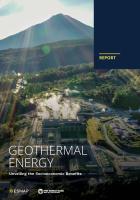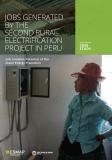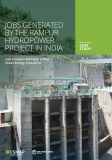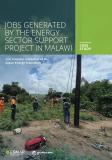Publications
This report highlights the socioeconomic contributions of the geothermal sector, including the potential opportunities and benefits that can be enhanced at national and local levels throughout geothermal projects’ development and operation. The report was prepared using qualitative data from over 40 stakeholders in the geothermal industry, including governments, industry associations, academia, public and private sector developers, and technical experts. Quantitative data were collected from a survey of 15 geothermal developers around the world. Key lessons and best practices are outlined in the text and showcased across 27 case studies. The report examines benefits across four categories, derived from the World Bank’s Sustainable Renewables Risk Mitigation Initiative: (1) participation of domestic companies in the geothermal value chain; (2) geothermal employment and skill development; (3) local development and benefit sharing; and (4) gender equality and social inclusion.
Energy Sector Management Assistance Program (ESMAP).
Geothermal Energy : Unveiling the Socioeconomic Benefits (English). ESMAP Paper. Washington, D.C. : World Bank Group. http://documents.worldbank.org/curated/en/099122823090547278/P1744881ab11080191a03411d191385e065




